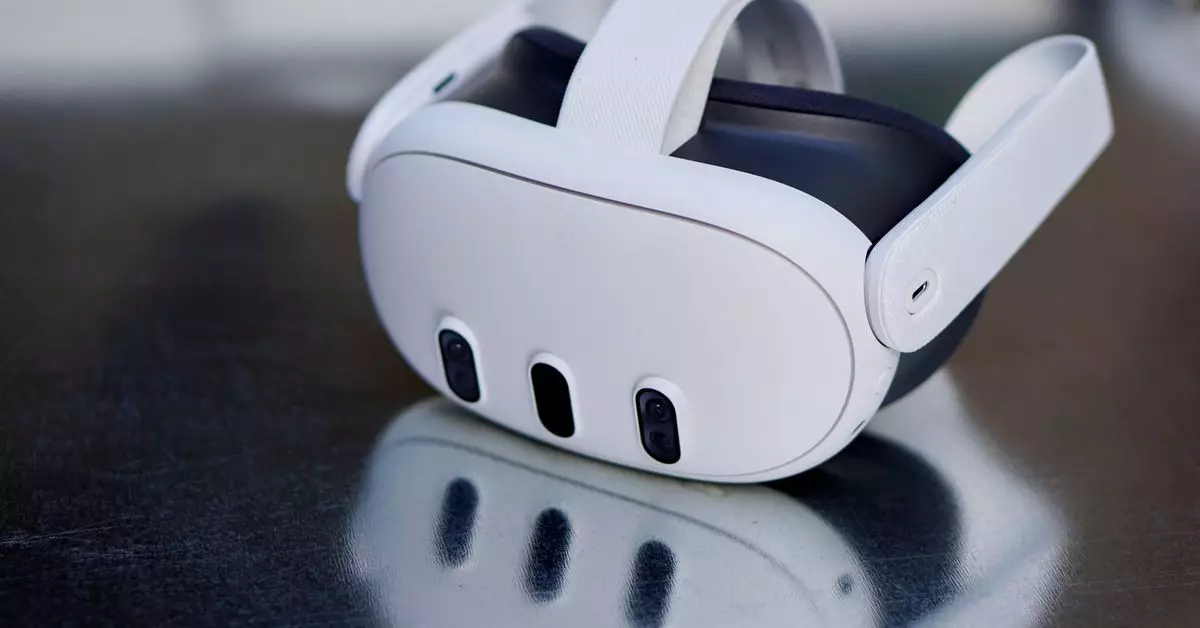Meta, formerly known as Facebook, has decided to halt the development of its high-end mixed reality headset, codenamed La Jolla. The main reason cited for this decision is the use of expensive MicroOLED displays in the headset, which would have made it challenging to keep the cost under $1,000. This move indicates a shift in Meta’s strategy towards premium VR offerings, especially considering the lukewarm reception of its $3,500 Vision Pro headset.
Questioning the Appetite for High-End VR
The cancellation of the La Jolla headset comes at a time when Meta is reconsidering its approach to the high-end VR market. The Vision Pro, priced at $3,500, has failed to gain traction with both consumers and developers. Additionally, the Quest Pro, launched at $1,499, received poor reviews and quickly faded from the spotlight. These factors raise doubts about the demand for a high-end VR headset to rival the likes of Apple’s rumored Vision Pro.
Meta’s Response and Future Plans
In response to reports of canceling the La Jolla headset, Meta’s CTO Andrew Bosworth downplays the decision, stating that the company has many prototypes in development at any given time. He emphasizes that decisions to cancel projects are commonplace and do not necessarily reflect Meta’s overall strategy. Despite this setback, Meta has plans to release more headsets and mixed reality tech in the near future. A more affordable Quest headset, codenamed Ventura, is rumored to be launched later this year, while new AR glasses will be showcased at the upcoming Meta Connect event. Additionally, rumors suggest that the Quest 4 will have both standard and premium versions in 2026.
Meta’s decision to halt the La Jolla headset development reflects a strategic shift towards more cost-effective and consumer-oriented VR products. The challenges faced by its high-end offerings have prompted Meta to reassess its approach to the VR market and focus on delivering products that resonate with a wider audience. As the company continues to innovate in the VR and AR space, it will be interesting to see how its future releases fare in an increasingly competitive market.

